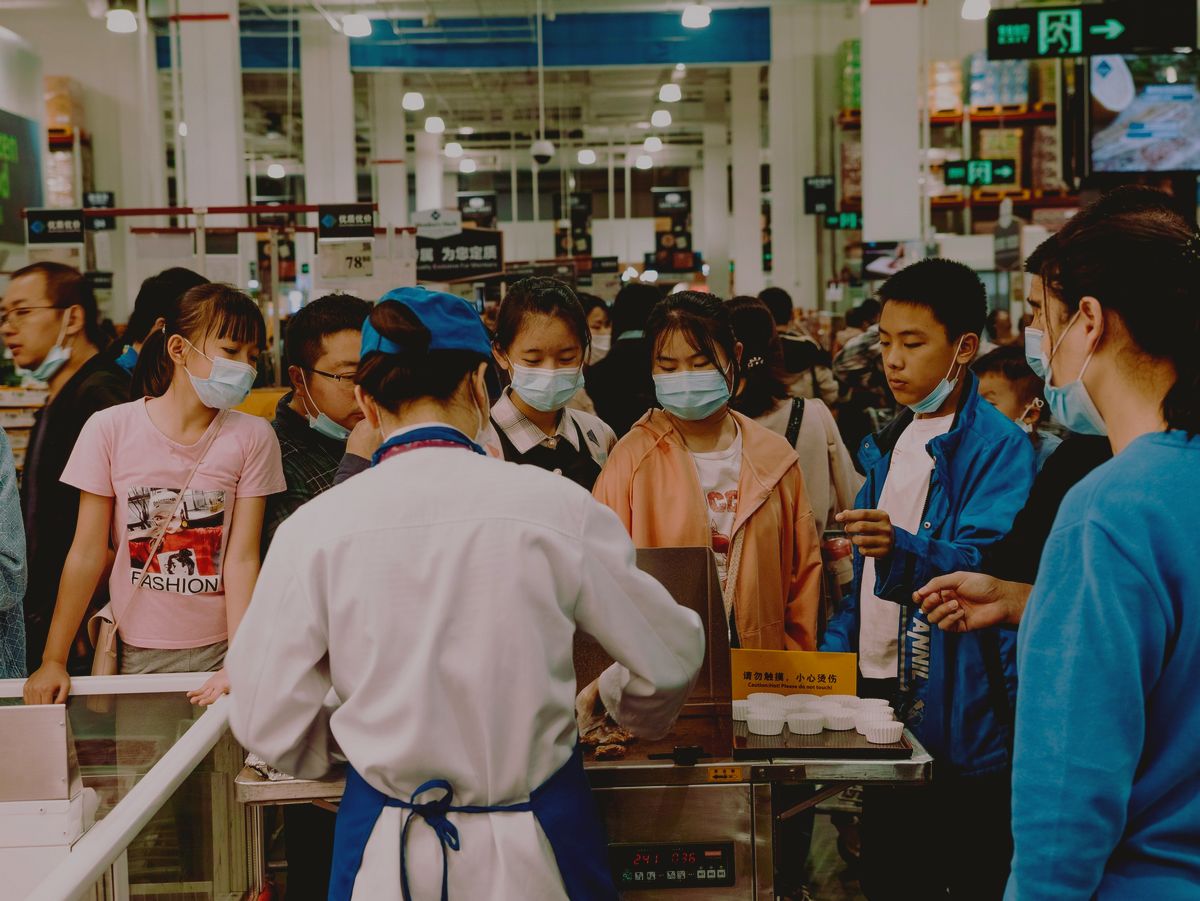In the first two weeks of July, at least 50 counties in 12 provinces in China issued reports of increased measures to encourage unvaccinated citizens to take the first dose, adding that “non-vaccination will affect lives.”
To date, reports of new measures have been issued in Sichuan, Fujian, Shanxi, Jiangsu, Jiangxi, Guangxi, Anhui, Shandong, Hebei, Henan, Zhejiang and Inner Mongolia.
Most areas in need of action are relatively small by Chinese standards. The largest of these is the city of Zaozhuang in Shandong Province with a population of 4.2 million people. The first events were announced on July 8, new announcements are still being published.
Policies vary widely from city to city, with authorities in 33 districts saying that vaccination records will be checked at the entrance to public facilities, including office buildings and medical facilities, and that citizens who do not receive their dose will be offered immunizations.
But in 19 constituencies, local authorities have directly warned that unvaccinated citizens may be denied access to a wide range of public places and services for several weeks.
“As of July 17, people who have not been vaccinated are not allowed to enter key locations, such as inpatient wards, nursing homes, schools, libraries, etc.,” the statement said, adding that there would be an exception for those who have legal grounds for refusing vaccination. The report also said that unvaccinated supermarket employees and booth owners would be fired.
In some districts, the measures are even tougher. In two Guangxi cities, Guiping and Baylo, students said they would not be allowed to go to school unless both parents were fully vaccinated. After clear opposition on social media, the messages were deleted, although it is unclear whether the restrictions will continue to apply.
And in Tange County, Henan Province, state media reported that local government agencies would stop paying employees or workers of state-owned enterprises if they refused to be vaccinated.
Shao Yiming, an epidemiologist at the China Centers for Disease Control and Prevention, told state media that, given that the level of protection for Chinese vaccines is below 100%, China will have to fully vaccinate between 80% and 85% of the population, equivalent to 1 billion people. . China currently has a population of 1.4 billion.
Across the country, the number of vaccinations has increased in recent months, averaging more than 10 million doses per day. According to state media, as of Wednesday, the Chinese government had introduced 1.4 billion doses of the vaccine, although it remains unclear what percentage of the population received both doses of immunization.
In an editorial on new activities for students in Guiping, published on the popular news site Sohu, ignoring the right of citizens not to be vaccinated was “a betrayal and abuse of people’s trust.”
To date, the Chinese central government has not officially introduced vaccination against COVID-19.
Jin Dongyang, a professor of precision medicine at the University of Hong Kong’s School of Biomedical Sciences, says the policy is likely to be the result of local government officials under strong pressure to achieve Beijing’s vaccination goals.
In the vertical administrative structure of the Chinese government, political decrees are often submitted by the country’s leadership and then left to the discretion of local authorities to decide how to implement them. Failure to achieve political goals can cost local politicians future promotion or even their jobs.
“They have to provide and use all the funds at their discretion and try all the options available,” says Gene.
But Huang of the Foreign Affairs Council wonders whether the new policy is the result of excessive pressure from local authorities to achieve vaccination goals, or a bubble of trials inflated by the Communist Party in Beijing.
The Chinese government has a long history of testing potentially controversial initiatives at the local level before presenting them at the national level to see how they will be perceived by citizens, Huang explained.
“It may be an initiative of the central government,” he said.
Huang added that if Beijing wants to make sure that China can support collective immunity, the vaccine may be mandatory, whether it is a popular measure or not. “For any vaccine with an efficacy level below 80%, the entire population must be vaccinated,” he said. “Just asking people to get vaccinated won’t do it.”
China has approved five domestic vaccines – two developed by the state-owned company Sinopharm, and the others – Sinovac, CanSino and Anhui Zhifei, with the majority of the population receiving either Sinopharm or Sinovac.
To date, experiments have shown that Sinopharm and Sinovac are less effective against COVID-19 than their mRNA counterparts. According to studies conducted by the World Health Organization, in Brazilian studies, Sinovac had about 50% efficacy against symptomatic COVID-19 and 100% efficacy against severe disease.
According to the WHO, the effectiveness of Sinopharm in both symptomatic and hospitalized disease is estimated at 79%.
Source BGNES

